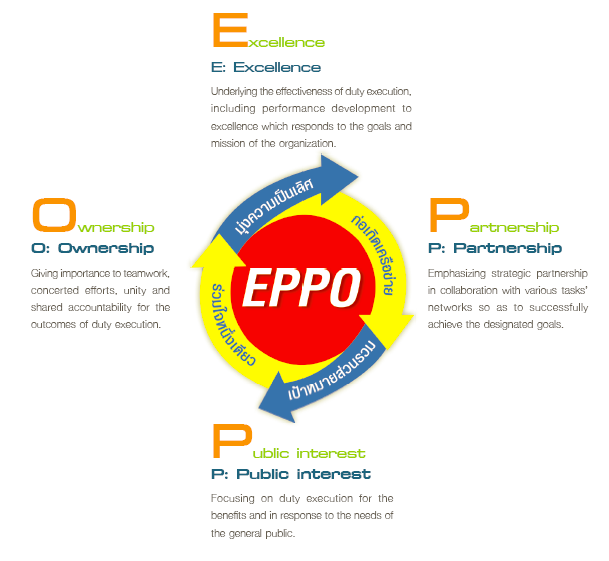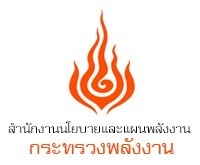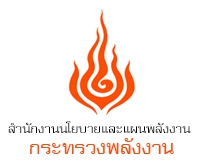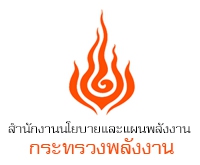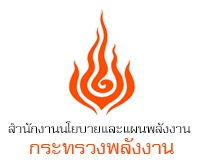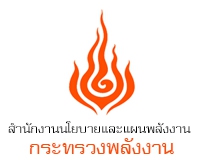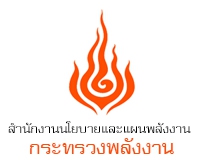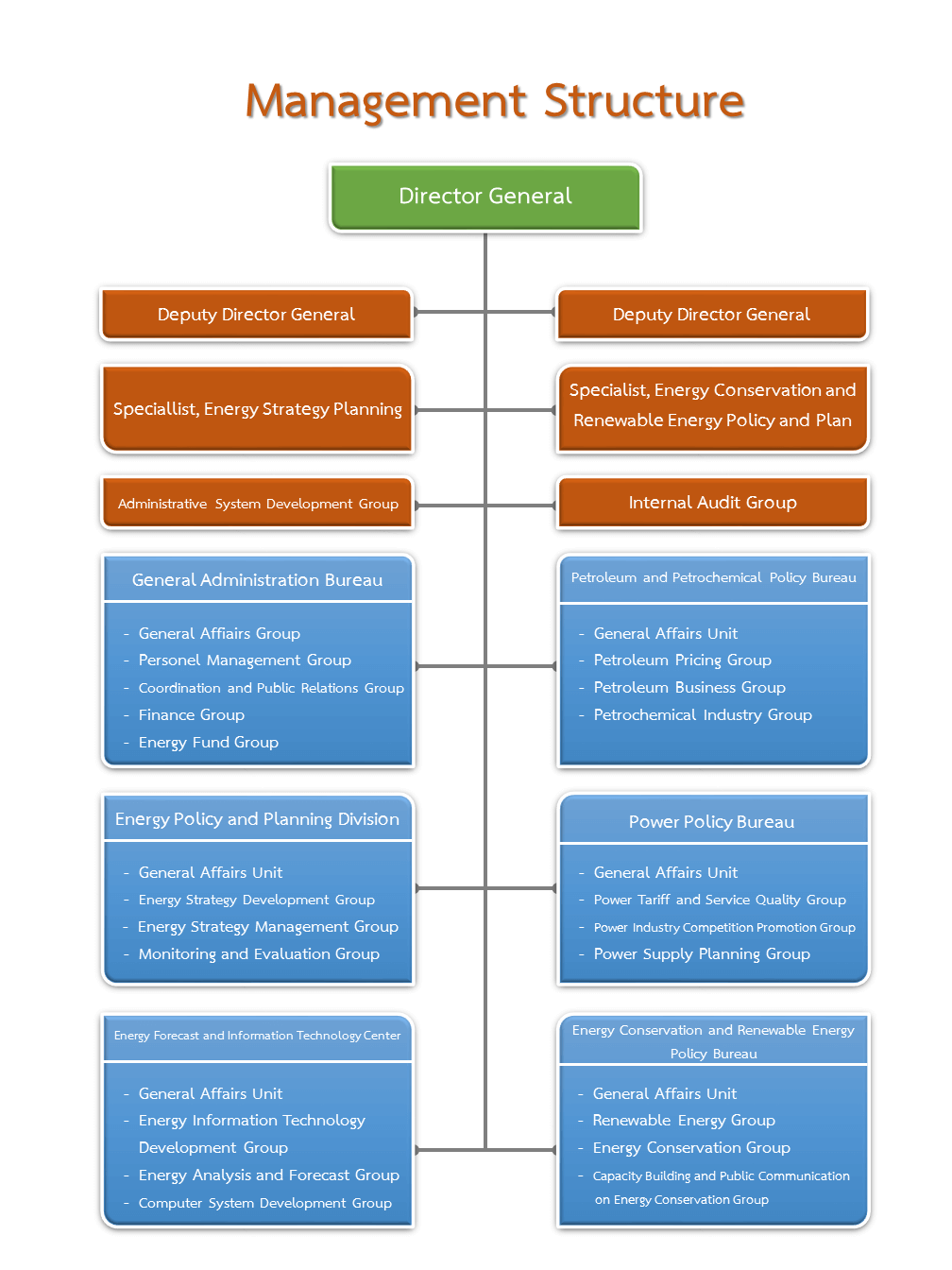Thailand Energy Efficiency Development Plan
“Energy Conservation” in this Energy Efficiency Development Plan has two meanings: (1) economical use or reduced expendable use of energy, and (2) energy efficiency improvement, i.e. doing the same activities with less energy, involving, among others, lighting, hot water production, cooling systems, transportation or running machines in the manufacturing process. Energy conservation plays an important role in strengthening energy security, alleviating household expenditure, reducing production and services costs, reducing trade deficit and increasing the competitive edge, including reduction of pollution and greenhouse gases (GHG) which cause global warming and climate change. Therefore, energy conservation has been an important policy of the government, particularly since the enforcement of the Energy Conservation Promotion Act, B.E. 2535 (1992). Five-year plans to allocate funding support from the Energy Conservation Promotion Fund for energy conservation activities have been consecutively developed, now being in Phase 3. Nevertheless, the government has foreseen that problems with energy prices, international competition for energy resources, environmental impact and climate change resulting from energy production and utilization will be exacerbated in the future, which will inevitably affect people’s well-being and the national economic competitive edge. In addition, at the Asia-Pacific Economic Cooperation (APEC) Summit in 2007, government leaders ratified the collaboration in energy conservation promotion to meet the agreed target in 2030. In response to this, the Ministry of Energy has developed this 20-year Energy Efficiency Development Plan (2011-2030) to provide the national policy framework and guidelines on energy conservation implementation in the long term, with the following two main
Vision Mission Value Duty
Vision
The Energy Policy and Planning Office (EPPO) is a pivotal agency in the formulation and administration of energy policies and planning for the national sustainability
Mission
EPPO is entrusted with the following six missions:
1. Recommend energy policies and integrate/review energy management plans of the country;
2. Recommend national strategies for energy conservation and alternative energy promotion;
3. Recommend measures to solve and prevent oil shortage in both short and long terms;
4. Supervise, monitor and evaluate the implementation of national energy policies and energy management plans;
5. Administer the Information and Communications Technology (ICT) with regard to energy matters of the country; and
6. Enhance EPPO to become a strategic organization.
Strategic Issues
To pursue the foregoing Vision and Mission, fie strategies are laid down:
• Strategy 1 Formulate energy policies and administer energy planning of the country;
• Strategy 2 Promote and develop alternative energy and clean energy;
• Strategy 3 Promote and develop energy conservation and efficient use of energy in all social segments;
• Strategy 4 Develop the national energy information and communications technology (ICT); and
• Strategy 5 Strengthen EPPO to become an organization of excellence in energy administration.
Core Vallues
EPPO has established the following organizational core values and culture with a view to setting a benchmark for duty execution and creating the unity among its personnel, which is unique to the office, for government officials and other staff members to continually adhere to as guidelines on their duty execution and to effectively translate them into practical actions so as to foster and sustain the organizational culture of high quality performance.